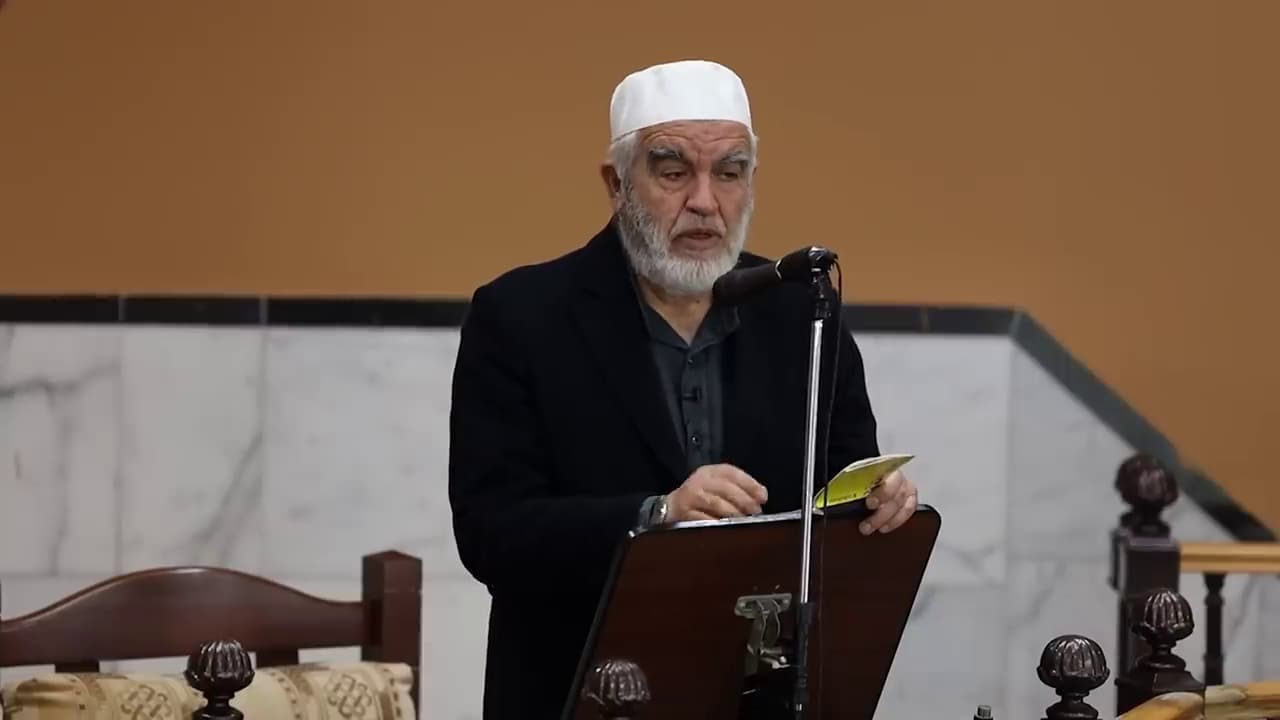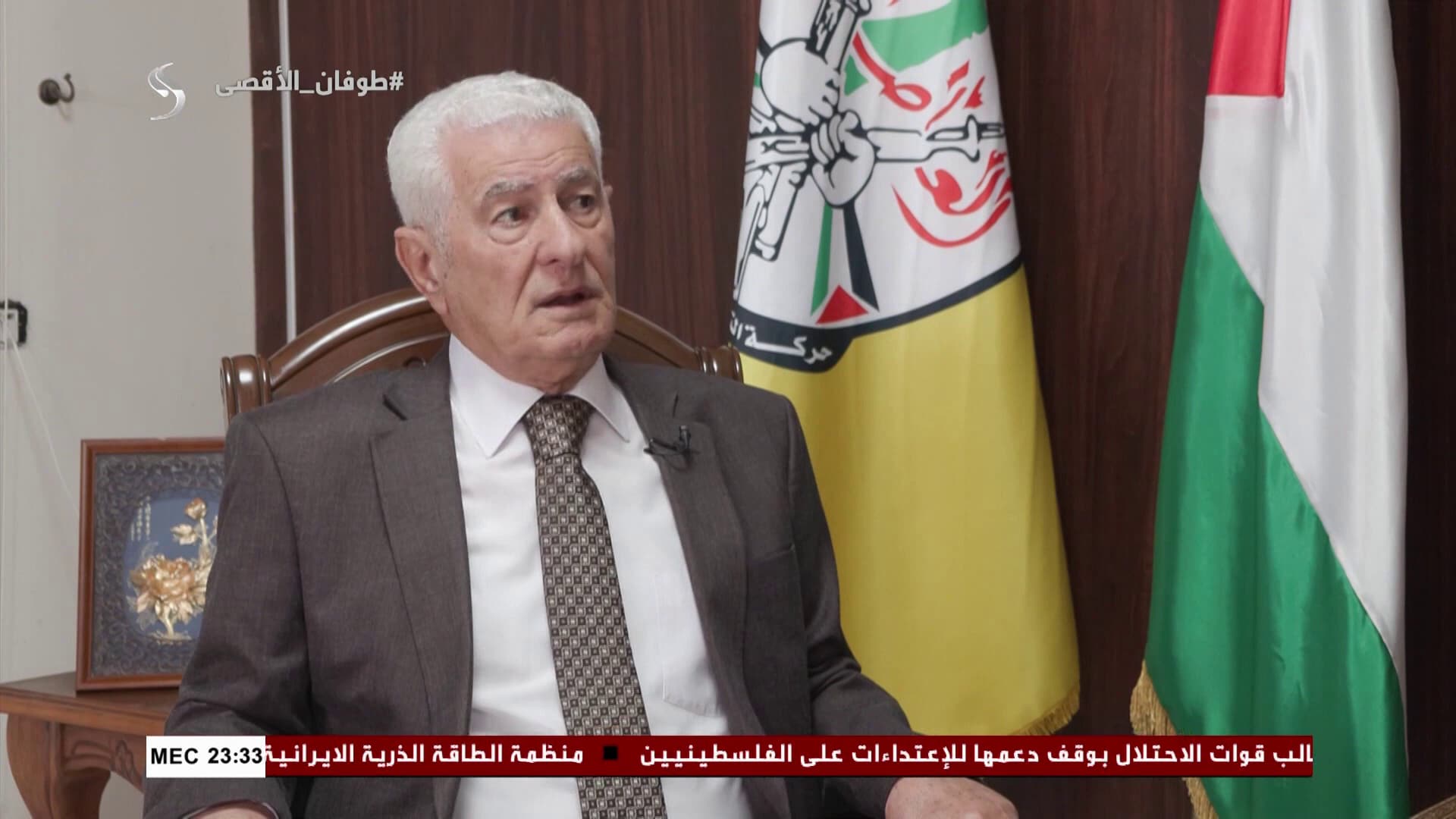
Following are excerpts from two interviews with former Egyptian chief of staff Sa'd Al-Din Al-Shazli, which aired on Al-Jazeera TV on August 17, 2009 and September 14, 2009.
Interviewer: Why was the [1973 war] "Seam Line" [at the Suez Canal] so wide?
Sa'd Al-Din Al-Shazli: You'd need a commission like the Agranat Commission to answer a question like that. I say it was because of Sadat's shameful interference in running the war.
Interviewer:Do you mean that the political leader interfered in the military matters, and that this was the cause?
Sa'd Al-Din Al-Shazli: Of course.
Interviewer: Did President Sadat issue orders directly to the commanders of the brigades and the divisions?
Sa'd Al-Din Al-Shazli: No. He had the control through [then defense minister] Ahmad Isma'il. But sometimes, he would call the division commanders, and tell them this or that. That was a very grave mistake.
Interviewer: And you, as Chief of Staff, had no knowledge of those orders?
Sa'd Al-Din Al-Shazli: Even if I knew about it – what could I have done? One of the greatest mistakes is for a president, who is a political leader, to interfere in the running of military operations. I'm not saying that military commanders should ignore the political leaders. Absolutely not. But to make things clear – I believe that military commanders should be subordinate to the political leaders, because ultimately, war has to achieve a political goal, and it is one of the means of struggle.
Interviewer: Excuse me, sir, but one of our viewers might say that President Sadat was a military officer as well.
Sa'd Al-Din Al-Shazli: No.
Interviewer: He was one of the Free Officers, so maybe he had [military] opinions, even when holding a political position.
Sa'd Al-Din Al-Shazli: No. Being one of the Free Officers is one thing, and being a military officer is another thing. He spent only 2-3 years in the Signal Corps, and then he was kicked out of the army. His military knowledge did not qualify him to be a military commander. You can say that US President Bush was a military man, because he participated in the world war...
Interviewer: He was a pilot in World War II.
Sa'd Al-Din Al-Shazli: But as President, he did not interfere in running the war.
Interviewer: But he was the decision maker.
Sa'd Al-Din Al-Shazli: His job was to define the mission.
[...]
The [Soviets] said to us openly, even in the days of Gamal Abd Al-Nasser: "We supply [arms] to you so that you can retrieve the land you lost in June 1967, but the destruction of Israel is where we draw the line."
Interviewer: That's an important point.
Sa'd Al-Din Al-Shazli: Of course. Who are we to destroy Israel?! There was still a long way to go... They could give us weapons, knowing for sure that we were a long way from destroying Israel, which was the red line of the USSR vis-à-vis the US. Obviously, this could be done only under a different international balance of power.
Interviewer: If you had destroyed Israel's military force in the Sinai and the "Seam Line," this would be tantamount to the destruction of Israel.
Sa'd Al-Din Al-Shazli: No, no. Even if we had destroyed their armored brigades, we could not have reached the straits. We could not reach the straits as long as the Israeli air force was in place. We did not yet have mobile air defense systems. There was still a long way to go. The destruction of Israel is still difficult to accomplish. The [Soviets] helped us only to retrieve our land, and even this – in stages.
[...]
Interviewer: Do you expect future wars between the Arabs and Israel, or was the October 1973 war the last war, as some people have claimed?
Sa'd Al-Din Al-Shazli: There will definitely be more wars. This is based on our belief in God, the Koran, and the Prophet Muhammad.
Interviewer: So you do not ignore the aspect of faith...
Sa'd Al-Din Al-Shazli: Absolutely not. Without the aspect of faith, we could not have done a thing. Without faith, we are nothing. Like any regular person, faith is the basis for everything. The words "Allah Akbar" are a central component of victory. The great thing is that this religious perception is supported by the strategic perception, which says that sooner or later, the Arabs will definitely defeat the Jews, or defeat Israel.
Interviewer: That is the strategic perception?
Sa'd Al-Din Al-Shazli: This is definite.
[...]
Interviewer: How did you feel when the president resigned?
Sa'd Al-Din Al-Shazli: When who resigned?
Interviewer: President Gamal Abd Al-Nasser. How did you feel when you heard about it?
Sa'd Al-Din Al-Shazli: It did not last very long. It is like when people have a crisis when their father dies suddenly, and nobody knows who will replace him. When he resigned, what did Abd Al-Hakim Amer do?
Interviewer: He resigned too.
Sa'd Al-Din Al-Shazli: That's right. The country became empty. It was left without a head. Of course, it was a very worrying time, but it did not last more than a few hours – less than 24 hours...
Interviewer: Could such a thing happen in countries with [proper] institutions?
Sa'd Al-Din Al-Shazli: Countries with institutions?
Interviewer: Yes.
Sa'd Al-Din Al-Shazli: Of course not. You cannot compare us to countries with institutions.
Interviewer: Why not?
Sa'd Al-Din Al-Shazli: Because there is a tremendous difference. All our institutions are artificial. None of them have been elected. The ruler is the benefactor of these institutions, and they are loyal to him. There is no room for comparison. A regime is either democratic or non-democratic. There is one system for democratic regimes and another for non-democratic regimes.












